
Exploration | Connection | Protection

Anukwe (or “Origin”) describes the sense of personal fulfillment through connection with nature and derives from the language of the Taironas, a Pre Columbian Andean community.
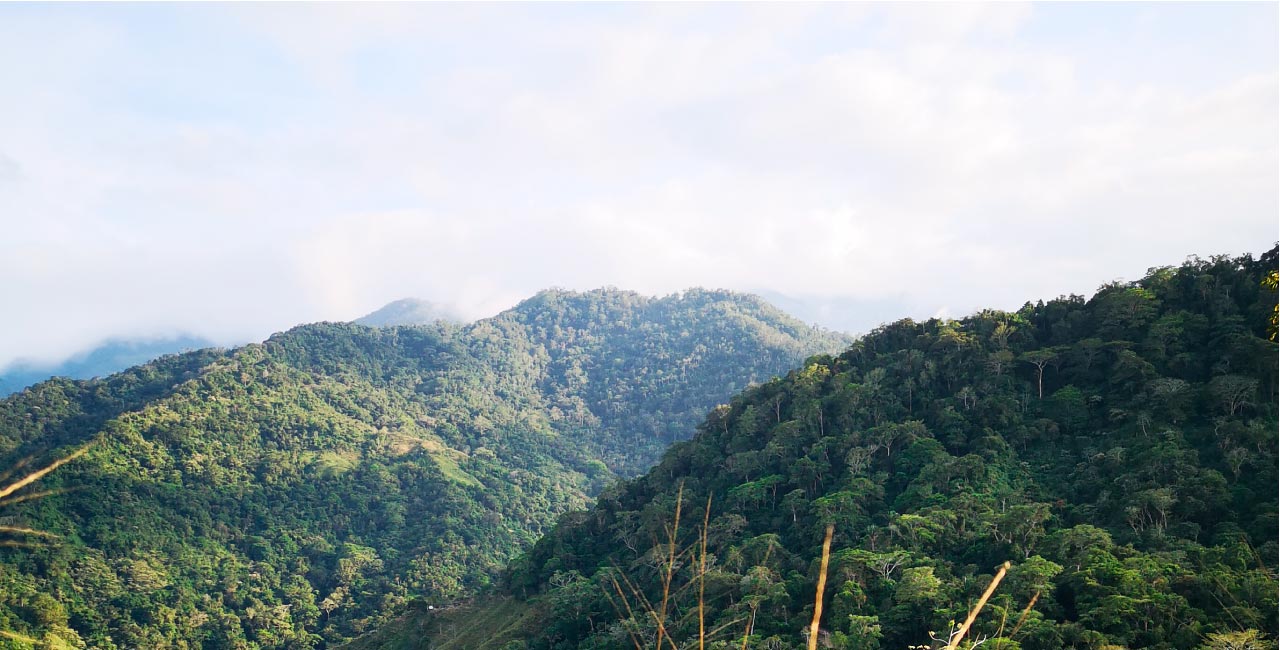
Our aim?
To invest in restoration and reforestation of the precious land and ecosystem within Colombia’s Sierra Nevada of Santa Marta, one of the world’s highest coastal mountain ranges recognized for its richness in biodiversity.
Specifically, the project first looks to protect 240 acres of land and capture 1,200 tons of carbon annually, while supporting the protection of vulnerable native species such as the white-fronted capuchin monkey, jaguar, ocelot and birds, such as the blue-billed curassow, and the golden-winged and cerulean warbler.
Secondly, there is a key opportunity to bring together global leaders, inviting them to connect with nature, learn and promote wider awareness about the importance of biodiversity protection and climate change mitigation.
Bungalow reservations
We are so happy to have you here! We want you to enjoy an unforgettable experience in the middle of nature. To ensure that your stay and that of all our guests is pleasant and sustainable, we invite you to familiarize yourself with our house manual and policies, designed with love and respect for this wonderful environment.
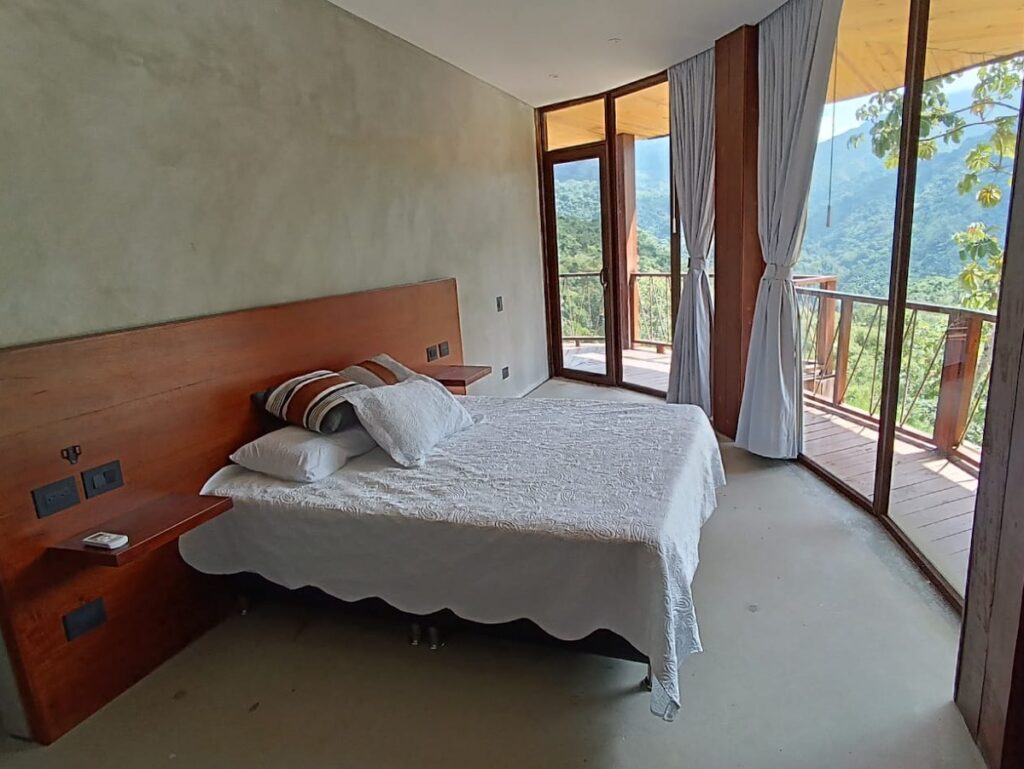
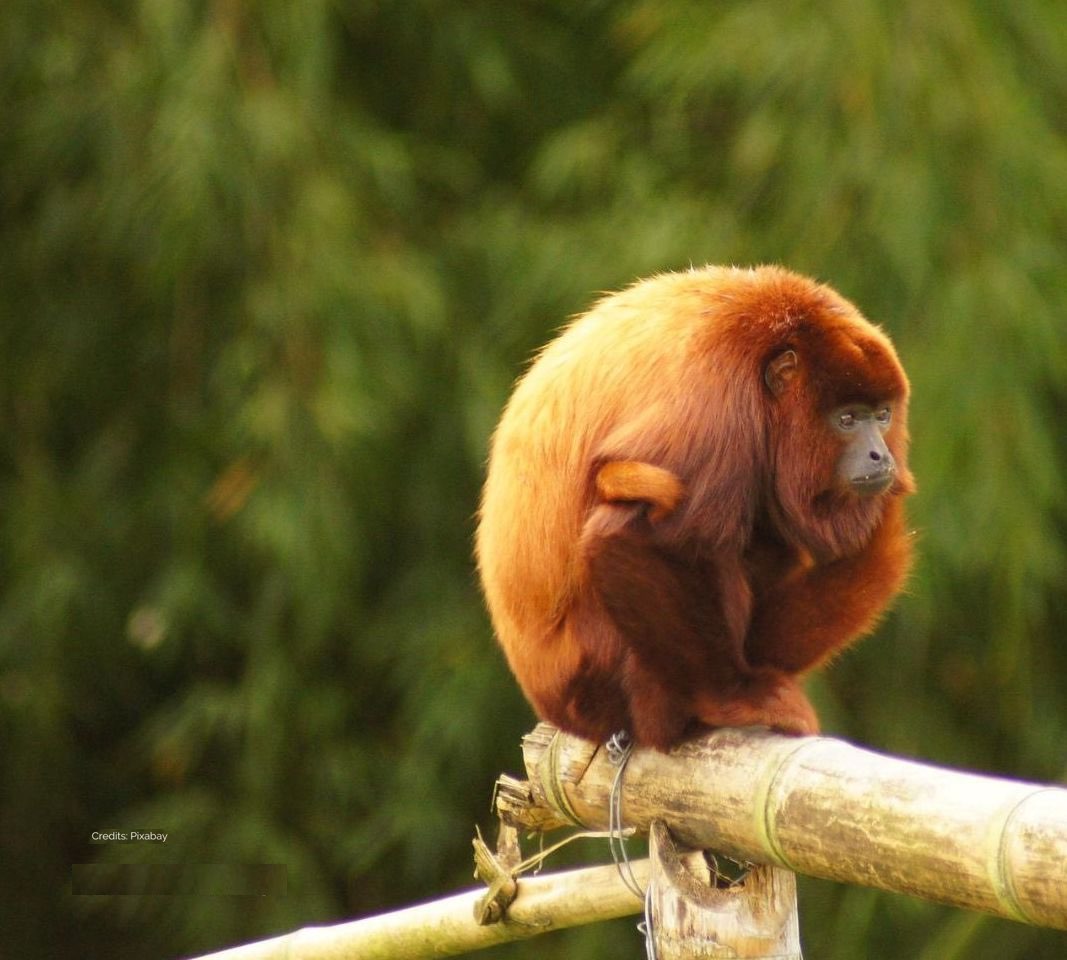
What is Anukwe?
Anukwe is a holistic destination for research, training, collaboration, reflection and awareness located within a tropical rainforest setting full of perennial trees. With the help and guidance of experienced ecologists, visitors have the opportunity to connect with the surroundings and support initiatives that aim to protect its rich biodiversity.
Preservation
The mountains of the Sierra Nevada de Santa Marta are home to forests, an array of flora and fauna, and indigenous communities, all of which are threatened by deforestation and intense agriculture. Many species of fauna are especially susceptible to these threats including macaws, tapirs, ocelots, jaguars, red howler monkeys, pacas (large rodents), and white-lipped peccaries (a type of wild pig), among others.

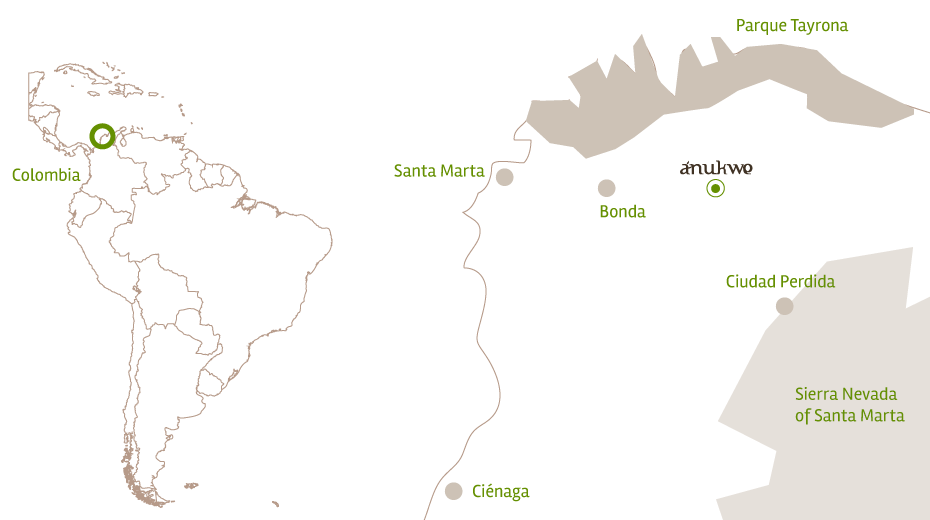
Why Colombia?
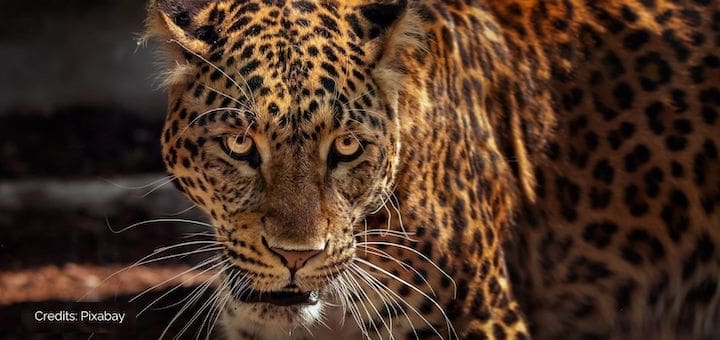
Colombia is the second-most biodiverse country in the world, home to 10% of the planet’s plant and animal life, as well as 314 different ecosystems.
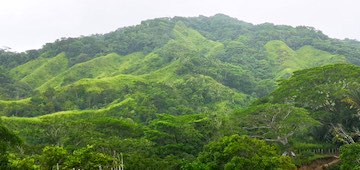
However, it is estimated that in the Sierra Nevada alone, 70% of its land has been impacted by deforestation, as more and more land is being used for livestock as well as growing coffee and corn crops.
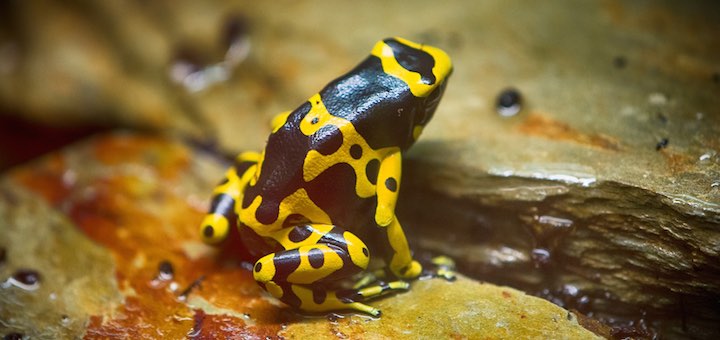
Currently, among members of Organization for Economic Cooperation & Development (OECD), Colombia operates with one of the lowest budget allocations worldwide for environmental protection, amounting to just 0.5% of the country’s GDP in 2020.